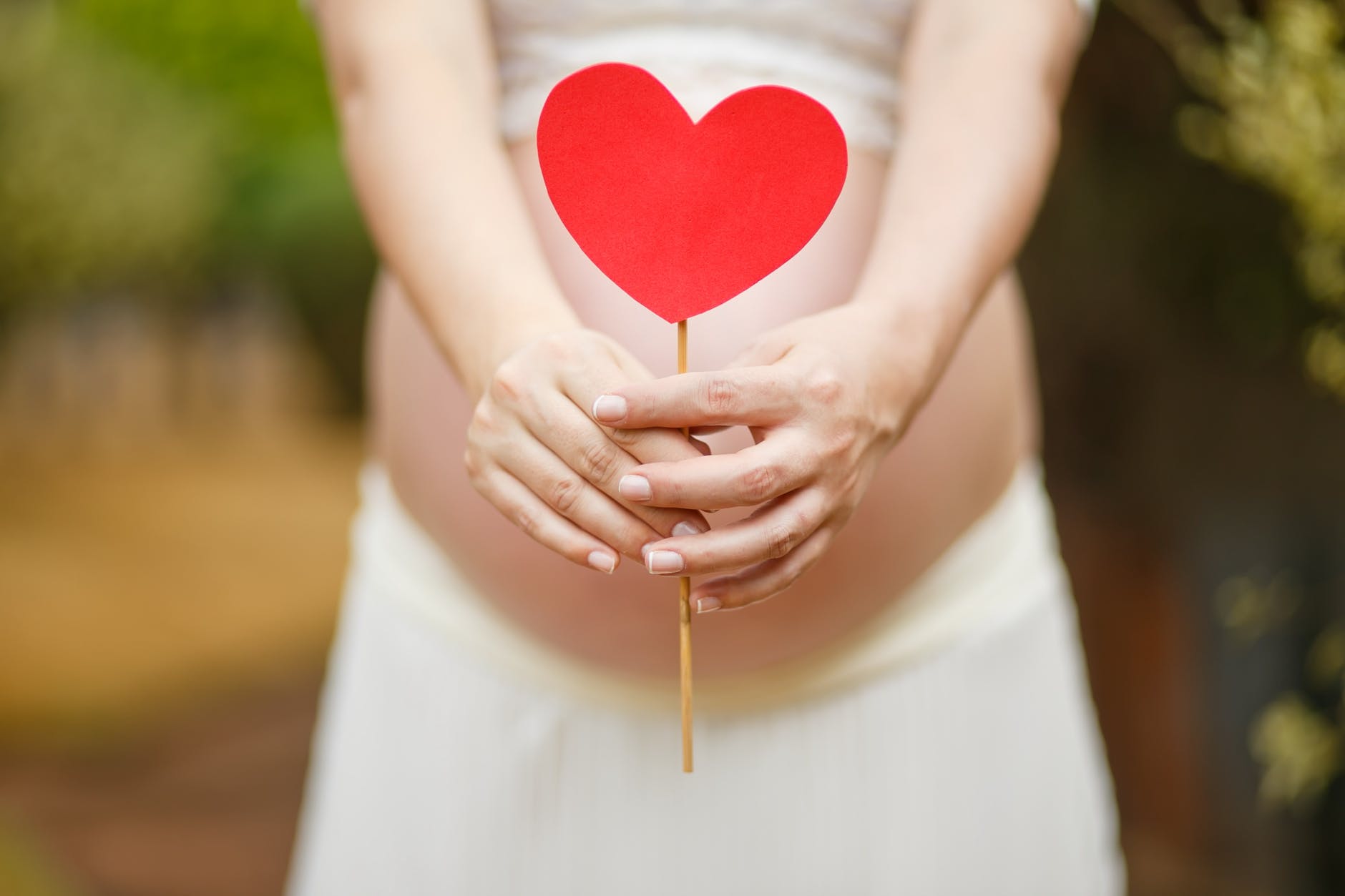You are what you eat, and whether you’re trying to get pregnant, mid-way through your second trimester or getting to grips with the joys of breastfeeding, ensuring your body has access to all the right nutrients is essential if you want to keep you – and your baby – as healthy as possible.
Although a wide range of supplements are available, these should only be used to fill any gaps in your nutritional plan. Your aim should be to get everything you need from your food.
A pre-pregnancy eating plan
If you want to boost your chances of conceiving, ditch the skimmed milk and switch to the full-fat variety. Studies have shown that women who consumed at least two servings of low-fat dairy products per day were twice as likely to fail to ovulate, while those who ate more servings of whole milk products such as full-fat cottage cheese were 27 percent less likely to experience problems with ovulation.
Plant-based sources of proteins have also been shown to boost fertility so try adding more beans, legumes, and lentils to your diet while cutting down on meat. Making the switch will also help you cut calories. This is important if you are overweight as you’ll have a greater chance of conceiving if your body mass index is within the healthy range. You could also search for online resources that could guide you about the High Folate Foods that can Boost your Fertility.
The perfect pregnancy plate
The notion that pregnant women are eating for two and, therefore, have an excuse to gain lots of weight has long fallen out of favor, but typically, you’ll need to consume around an extra 300 calories a day to ensure your baby’s optimum growth and development.
A varied diet that includes a variety of food groups, including fruits and vegetables, proteins and dairy products, as well as bread and grains for carbohydrates, will ensure all your nutritional needs are met. Although a wide range of supplements are available, these should only be used if needed. Your aim should be to get everything you need from your organic food. Good sources of the all-important folic acid include dark green leafy vegetables, lima beans and black-eyed peas.
Getting enough Vitamin D is important for both you and your baby, but by far the best source of this is natural sunlight rather than vitamins. Whether you need to take a supplement will depend on where you live, your access to the outdoors and the time of year.
There are also certain foods and drinks you’ll want to avoid. For example, you should be avoiding caffeine by the time that you are 10 weeks pregnant, as drinking caffeinated drinks can make it more difficult for you to stay fully hydrated. You should also avoid raw eggs, sushi and processed meat products for the duration of your pregnancy.
Eating after the baby
The World Health Organization have long recommended that infants receive nothing other than breast-milk unless a parent receives medical advice to the contrary, but what foods should you be eating to ensure your milk is both plentiful and as nutritious as possible?
Making breast milk takes its toll on your body, so you’re likely to need around an extra 500 calories a day. Although all the nutrients that go into your milk will be coming from your own body, you don’t need to follow a special diet – simply continue the varied and healthy eating plan you were on while you were pregnant.



